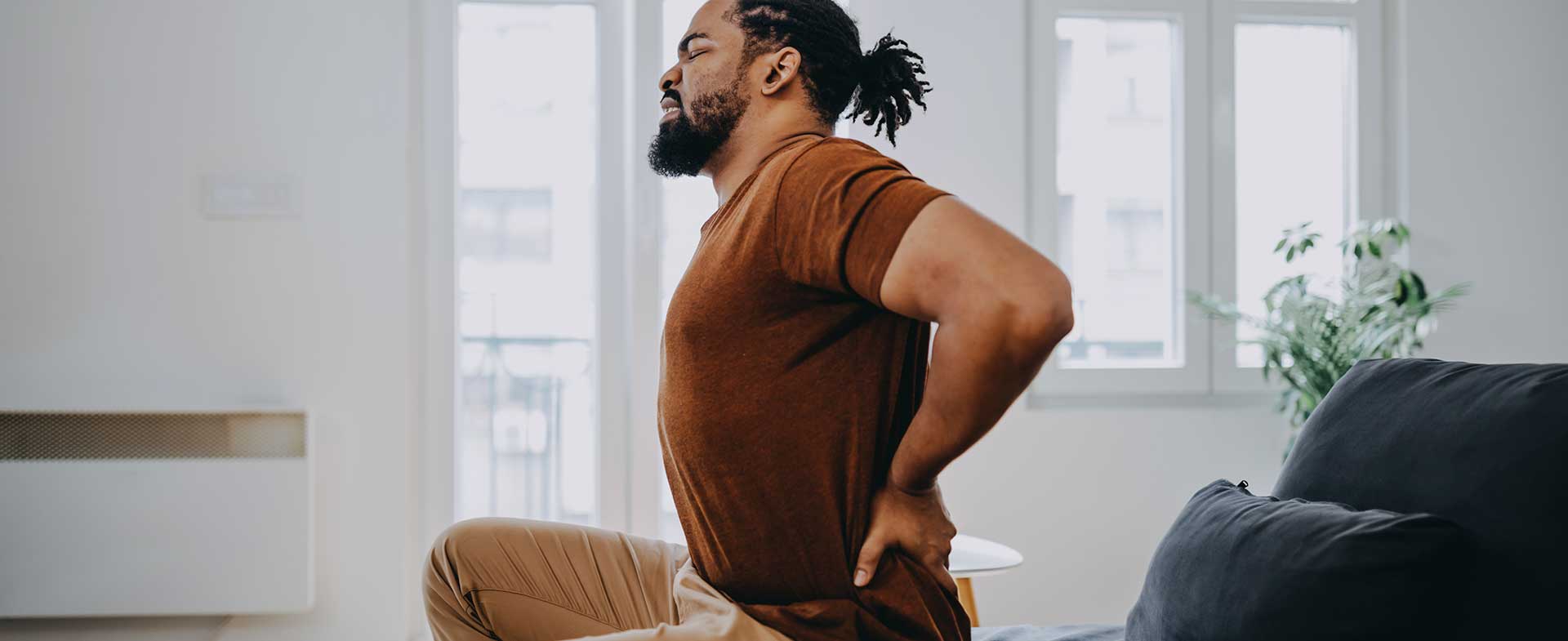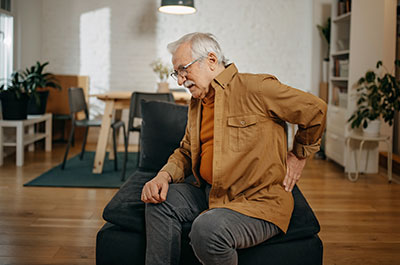You’ve probably heard of kidney stones. Maybe you have even had them. And if you haven't had them before, you're lucky. (They're painful!) There are many factors that contribute to why someone might be more likely to develop kidney stones than another. Knowing some basic information about kidney stones can help you take precautions to prevent them.
Joseph Haddad, M.D., a urologist at Henry Ford Health, shares what to know.
1. Kidney stones form from your waste. Urine contains excess salts and minerals that your body doesn’t need. Sometimes, when your urine has a high amount of minerals, these waste products can build up into kidney stones. “Imagine kidney stones forming the same way rock candy is formed,” says Dr. Haddad. “As waste collects in the kidneys, they crystallize to form kidney stones.” These stones can get trapped in your urinary tract and block the kidney.
2. Kidney stones don’t form overnight. Kidney stones don’t just appear out of nowhere. In fact, they can start to form in your kidneys for months - even years - before you experience symptoms.
3. Kidney stones can be very painful. “The first sign you have a kidney stone is pretty clear when it tries to pass,” says Dr. Haddad. “You may experience back pain that radiates to the groin - which causes nausea, vomiting, fevers or chills.” Some people may also experience blood in their urine or pain when going to the bathroom.
4. Kidney stones are treatable. If you develop kidney stones, your urologist may choose to treat your case differently, depending on the stone size. Smaller stones (less than 5 millimeters) can pass naturally. If you are passing a stone, your doctor will see you frequently to monitor its movement through your urinary tract. Larger stones (bigger than 6 millimeters) or stones that don’t pass naturally after four weeks can be broken up in several different ways:
- Extracorporeal shock wave lithotripsy (ESWL): Shockwaves are used to break up stones from outside the body – making them smaller and easier to pass.
- Ureteroscopy: A small camera goes into the kidneys to find the stone. The camera is placed through natural openings so no incisions are made. A laser breaks the stone into small pieces that are then removed.
- Percutaneous Nephrolithotomy (PCNL): A minimally invasive surgical technique is used to locate the stone, break it up and suction out the fragments. This works best for bigger stones.
Are You At Risk Of Kidney Stones?
“Kidney stones occur in 15% of people in their lifetime,” says Dr. Haddad. “Men between ages 30 to 50 are about 1.5 times more likely to get a kidney stone than women.” In fact, cases of kidney stones are increasing in the U.S. The best way to prevent them is to be aware of causes and avoid the risks.
The most common causes of kidney stones include:

Meet With A Urologist
- Genetics. Sometimes you’re just born with it. If kidney stones run in your family, talk with your doctor to see what you can do to prevent them. A change in diet or medication might be recommended.
- Diet. If you tend to eat a lot of high-sodium or high-protein foods, your body must process more waste products – increasing chances of a buildup in your urinary tract. The best solution: eat a well-balanced diet and don’t exceed the 2,000 mg recommended daily limit for salt. If you have had kidney stones before, talk to your doctor about cutting back on foods high in compounds your body gets rid of when you urinate.
- Dehydration. Staying well hydrated can help your body dilute and flush out any waste products in the kidneys that might be lingering. This can prevent stones from crystallizing.
- Warmer temperatures. Whether you live somewhere where it is warm all the time or you get all four seasons, warmer weather is more optimal for stone formation. But it’s not just the weather you have to be aware of. Certain occupations can increase your risk of kidney stones if you are frequently exposed to high temperatures – such as cooks who work in hot kitchens.
- Medication. Some prescriptions – specifically some epilepsy medications – can increase your likelihood of having kidney stones. Whenever you start a new medication, be aware of the possible side effects that can occur.
Reviewed by Joseph Haddad, M.D., a board-certified urologist who sees patients at Henry Ford Hospital in Detroit and Henry Ford Medical Center – Lakeside.



